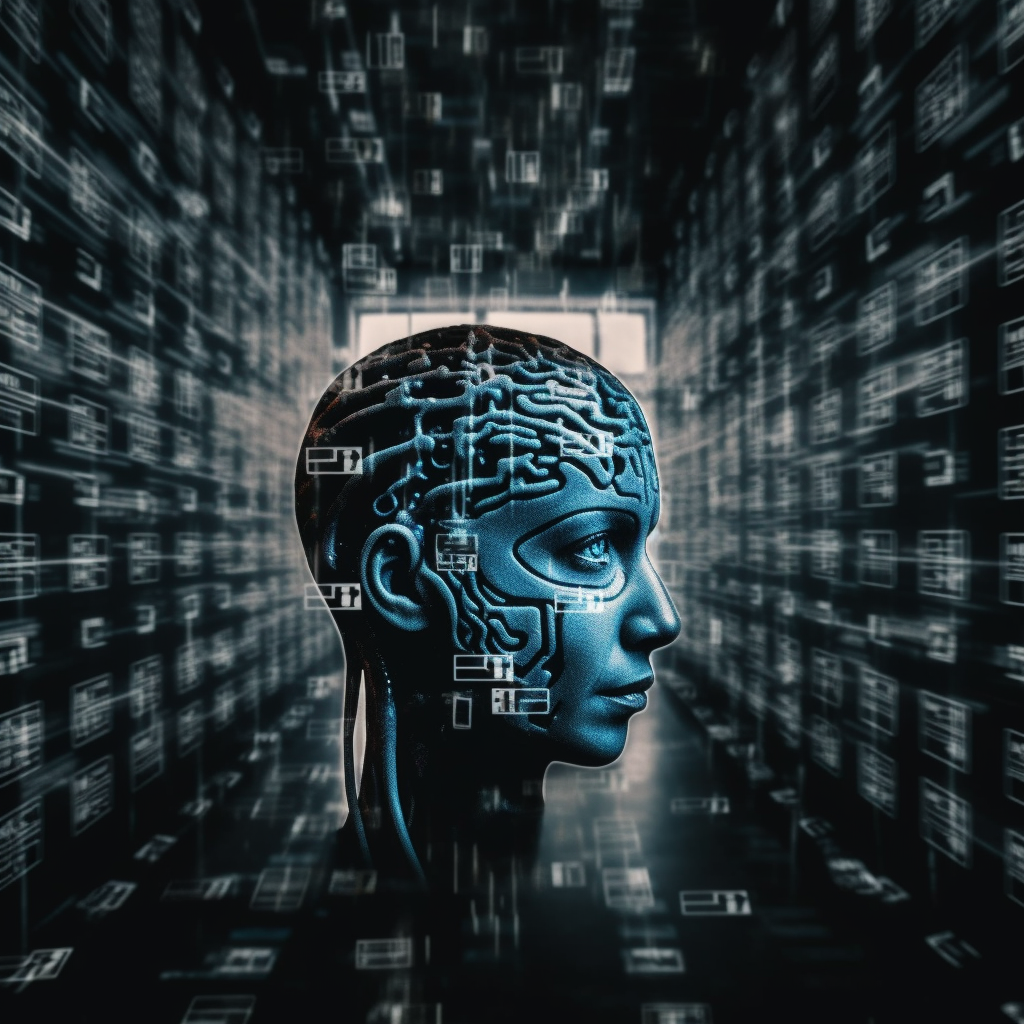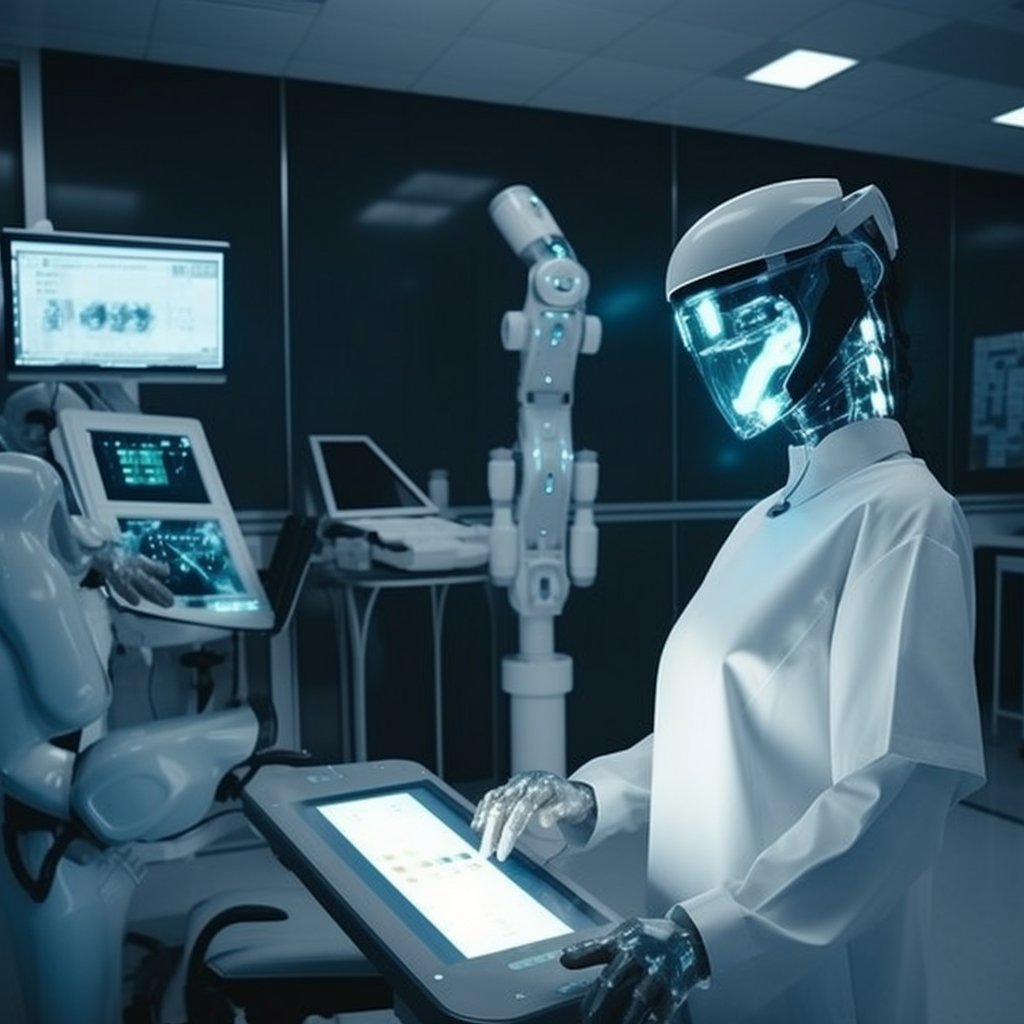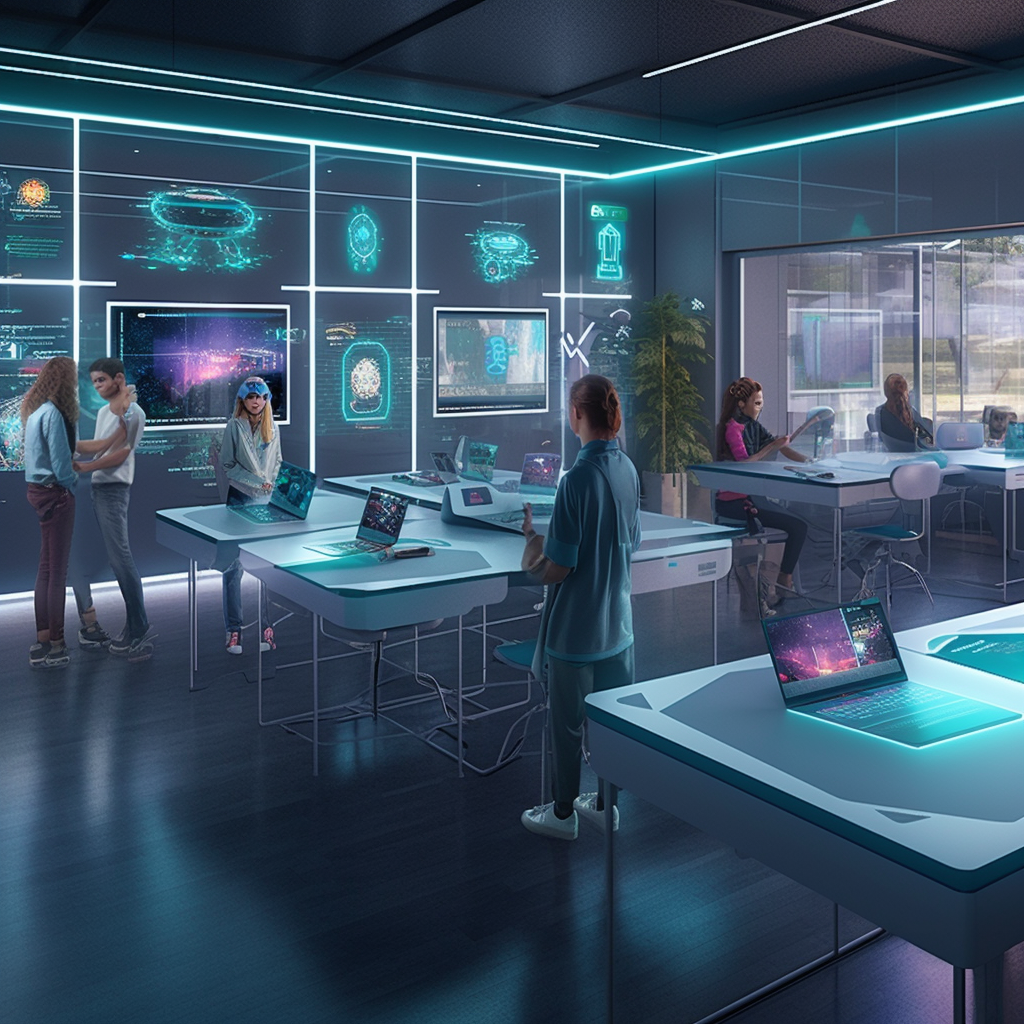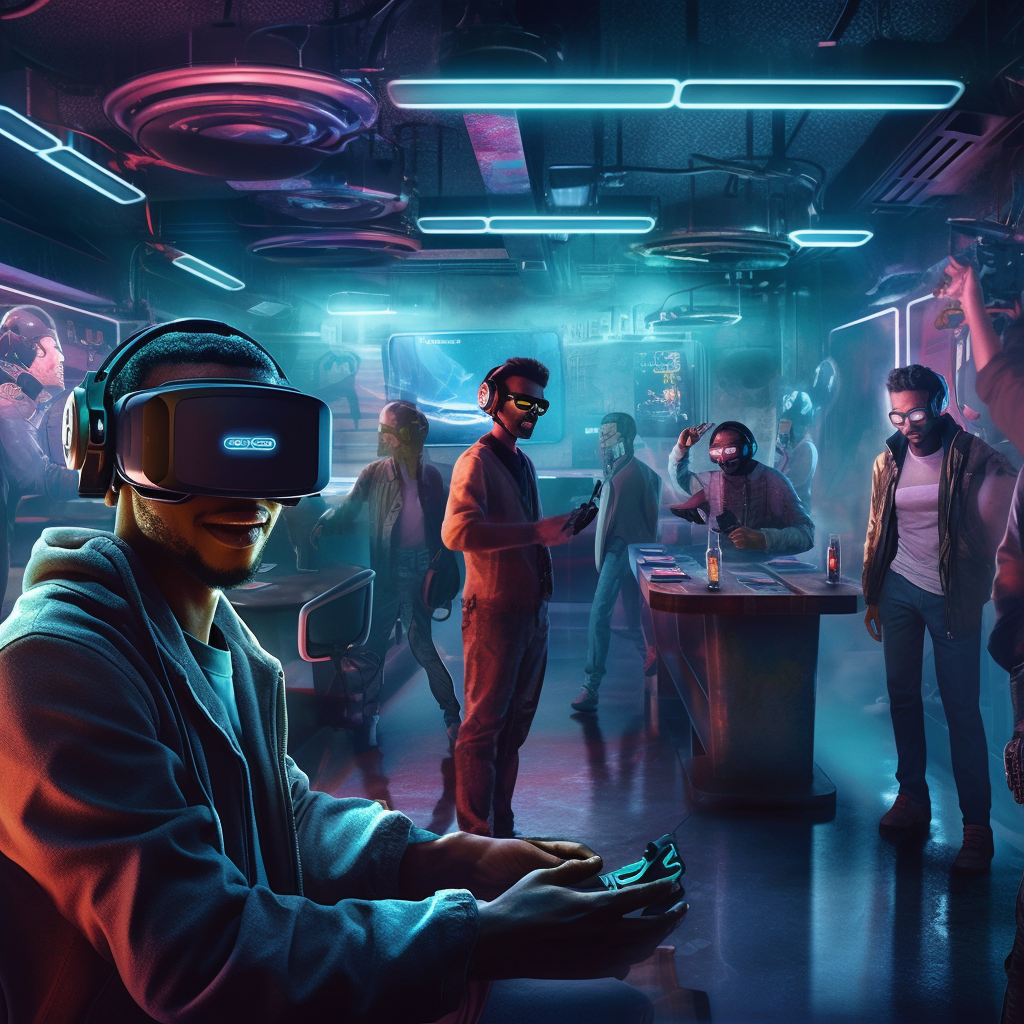How AI is transforming the world and what it means for you
The question of whether a computer can think is no more interesting than the question of whether a submarine can swim.
— Edsger W. Dijkstra

Artificial intelligence (AI) is one of the most exciting and rapidly evolving fields of technology today. From self-driving cars to smart assistants, AI is changing the way we live, work, and play. But what are the latest trends and innovations in AI, and how do they affect us? In this blog post, we will explore some of the most fascinating and impactful applications of AI across various domains, such as health care, education, entertainment, and security. We will also discuss some of the challenges and opportunities that AI presents for society, ethics, and the future of humanity.
AI in health care

AI is revolutionizing the health care industry by improving diagnosis, treatment, and prevention of diseases. Some of the examples of AI in health care are:
- Medical imaging: AI can analyze X-rays, MRI scans, and other images to detect anomalies, such as tumors, fractures, or infections. AI can also generate synthetic images to augment data or simulate scenarios.
- Drug discovery: AI can help discover new drugs or optimize existing ones by screening millions of molecules, predicting their effects, and designing their structures.
- Personalized medicine: AI can tailor treatments to individual patients based on their genetic makeup, medical history, and lifestyle. AI can also monitor patients’ vital signs, symptoms, and responses to medications.
- Telemedicine: AI can enable remote consultations and diagnosis via chatbots, voice assistants, or video calls. AI can also provide recommendations and reminders to patients and caregivers.
AI in education

AI is enhancing the education sector by facilitating learning, teaching, and assessment. Some of the examples of AI in education are:
- Adaptive learning: AI can customize learning materials and activities to suit each student’s needs, preferences, and goals. AI can also provide feedback and guidance to students along their learning journey.
- Intelligent tutoring systems: AI can simulate human tutors by providing one-on-one instruction, explanation, and scaffolding to students. AI can also adapt to students’ pace, level, and style of learning.
- Automated grading: AI can grade assignments, tests, and essays based on predefined criteria or natural language processing. AI can also provide feedback and suggestions for improvement to students and teachers.
- Gamification: AI can make learning more fun and engaging by incorporating game elements, such as points, badges, levels, and rewards. AI can also create immersive and interactive environments for learning.
AI in entertainment

AI is creating new forms of entertainment by generating content, enhancing experiences, and enabling interactions. Some of the examples of AI in entertainment are:
- Content creation: AI can create original content, such as music, art, stories, or videos. AI can also remix or modify existing content based on user input or preferences.
- Virtual reality: AI can create realistic and immersive simulations of various scenarios, such as traveling to exotic places, exploring historical events, or experiencing fantasy worlds.
- Augmented reality: AI can overlay digital information or objects onto the real world, such as filters, stickers, or animations. AI can also recognize objects or faces in the real world and provide relevant information or actions.
- Social media: AI can help users connect with others who share similar interests or backgrounds. AI can also recommend content or people to follow based on user behavior or preferences.
AI in security

AI is improving the security sector by detecting threats, preventing attacks, and ensuring compliance. Some of the examples of AI in security are:
- Cybersecurity: AI can identify malicious activities or actors on the internet by analyzing network traffic, emails, or websites. AI can also protect systems or data from unauthorized access or damage by encrypting, backing up, or restoring them.
- Surveillance: AI can monitor and analyze video feeds from cameras or drones to detect anomalies, such as intruders, accidents, or crimes. AI can also recognize faces, objects, or gestures and alert authorities or take actions accordingly.
- Biometrics: AI can verify identities or authenticate access by using physical or behavioral characteristics, such as fingerprints, iris scans, voice recognition, or gait analysis. AI can also enhance biometric systems by improving accuracy or reducing errors.
- Law enforcement: AI can assist law enforcement agencies by providing intelligence, evidence, or predictions. AI can also automate tasks, such as traffic control, crime reporting, or patrolling.
The future of AI
AI is undoubtedly one of the most powerful and influential technologies of our time. It has the potential to improve many aspects of our lives and society. However, it also poses some challenges and risks that need to be addressed and managed. Some of the questions and issues that AI raises are:
- Ethics: How do we ensure that AI is aligned with human values and morals? How do we prevent or mitigate bias, discrimination, or harm caused by AI? How do we respect the privacy and rights of individuals and groups affected by AI?
- Society: How do we cope with the social and cultural changes brought by AI? How do we ensure that AI is inclusive and accessible to everyone? How do we balance the benefits and costs of AI for different stakeholders and sectors?
- Humanity: How do we define and preserve our human identity and dignity in the face of AI? How do we maintain our creativity and agency in a world where AI can perform many tasks better than us? How do we coexist and collaborate with intelligent machines?
These are some of the questions that we need to explore and answer as we move forward in the era of artificial intelligence. We hope that this blog post has given you some insights and inspiration on how AI is transforming the world and what it means for you.
Thank you for reading! If you enjoyed this blog post, please share it with your friends and leave a comment below. We would love to hear your thoughts and opinions on AI.
Disclaimer: All articles on this website have been generated by artificial intelligence (AI) services. While we strive to ensure the accuracy and reliability of the information provided, please be aware that the content may contain errors or inaccuracies. The AI-generated articles are for informational purposes only and should not be considered as professional advice or a substitute for expert opinions. We cannot guarantee the validity or accuracy of the information presented in these articles, and we accept no responsibility for any actions taken based on the content. Always consult with a qualified professional or conduct thorough research before making any decisions regarding the subject matter discussed in these AI-generated articles.

Leave a comment